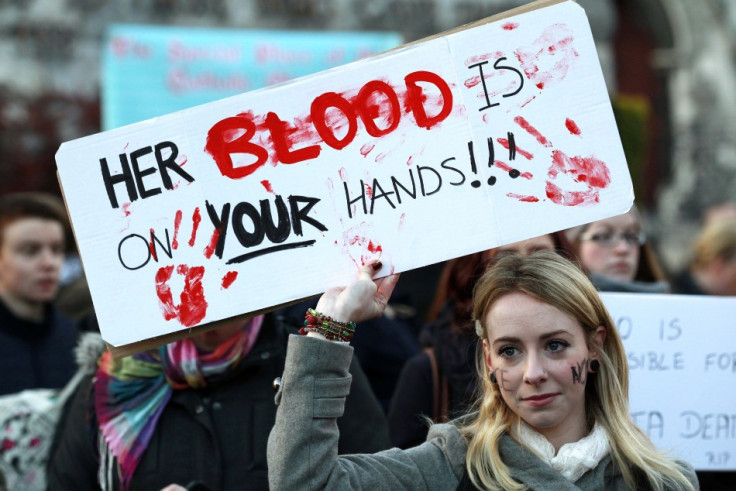Ireland: Two-thirds in favour of decriminalising abortion says Amnesty International poll

More than two-thirds of the Irish population want their government to decriminalise abortion, according to an Amnesty International opinion poll.
Asked whether the Irish government should decriminalise abortion, 67% agreed and 25% disagreed. Four out of five – 81% - are in favour of significantly widening the grounds for access to legal abortions in Ireland.
The poll is another indication of huge changes in social attitudes in the Emerald Isle. On 23 May 2015, Ireland voted by a massive majority – 62% - to legalise same-sex marriage against the wishes of the previously all-powerful Catholic Church.
Carried out for Amnesty International by RED C Research and Marketing, the poll shows that the majority of Irish people were not aware that abortion was a criminal offence. The vast majority disagree with the current criminal sanctions for women who have abortions, or doctors who provide abortions.
"It is clear that Irish views on abortion have undergone a major transformation. People in Ireland are now, on the whole, more understanding of the situations women find themselves in and firmly believe that women should not be criminalised for having an abortion," said Colm O'Gorman, executive director of Amnesty International Ireland.
Put the issue to the people
"This poll demonstrates that on the issue of abortion Ireland's people are clearly way ahead of their government leaders. The conversation we urgently need in Ireland on abortion is a challenging one, but it must happen.
"The Irish government should put this issue to the people as a matter of priority. Decriminalising abortion is not only a human rights obligation – it is what people in Ireland want. And this means repealing the 8th Amendment," said O'Gorman.
The poll also found that 70% of respondents agree that women have an international human right to an abortion when their pregnancy is a result of rape or incest, where their life or health is at risk, or in cases of fatal foetal impairment.
© Copyright IBTimes 2025. All rights reserved.




















